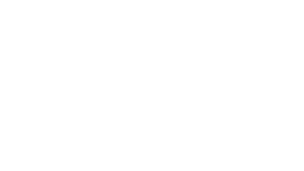Young offenders need more education, says think tank
- Published

Young offenders should receive at least 15 hours of education per week
Just one of the nine state-funded young offenders' institutions in England provides the statutory 15 hours of education each week, a think tank says.
Research by the Centre for Social Justice (CSJ) found the average was just 11 hours of lessons per week.
Responding to a consultation on the introduction of so-called secure colleges, the CSJ said the current system failed to provide basic classes.
The Ministry for Justice said detained youngsters needed to develop skills.
The CSJ, which was set up by the now Work and Pensions Secretary, Iain Duncan Smith, in 2004, is backing proposals for secure colleges which will put education at the heart of detention.
In its green paper - Transforming Youth Custody: Putting Education at the Heart of Detention - the government is looking at the free schools programme, as well as the academies programmes, as models to improve education standards for youth in custody.
Most 15 to 17-year-olds in custody have been excluded from school and half of those have the literacy skills expected of a seven to 11-year-old.
'In crisis'
Edward Boyd, deputy policy director of the CSJ, said: "The youth justice system is being treated as a dumping ground for youngsters that no-one knows how to help.
"Education is one of the best ways to reduce reoffending - but young offenders' institutions are failing to do this.
"Our youth justice system is in crisis with more than two-thirds (70%) going on to reoffend within 12 months of release.
"We know only too well the link between educational failure and crime. Half of those entering young offenders' institutions aged 15 to 17 have literacy levels you would usually find in primary schools.
"But instead of trying to rehabilitate these young people, by equipping them with the skills for work, the current system has simply written them off. Is it any wonder most go on to reoffend?
"What will also shock many policy makers is that this failure is not because of insufficient money. A place in custody for a young offender costs on average £100,000 - more than sending a young person to Eton."
A spokesman for the Ministry for Justice said: "We must equip young people in custody with the skills they need to turn their back on crime.
"That is why we are planning to radically overhaul the youth secure estate to provide education with detention, rather than detention with education as an after-thought.
"Our consultation closed yesterday [Tuesday] and we'll publish our full plans in due course."
- Published14 February 2013
- Published20 July 2010